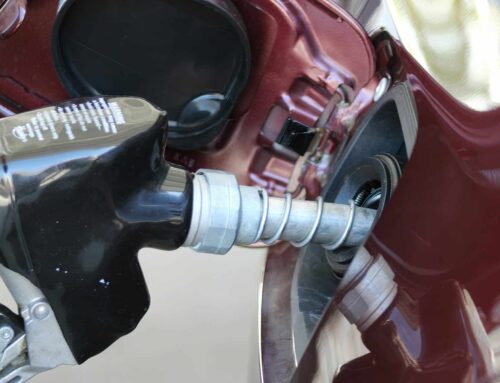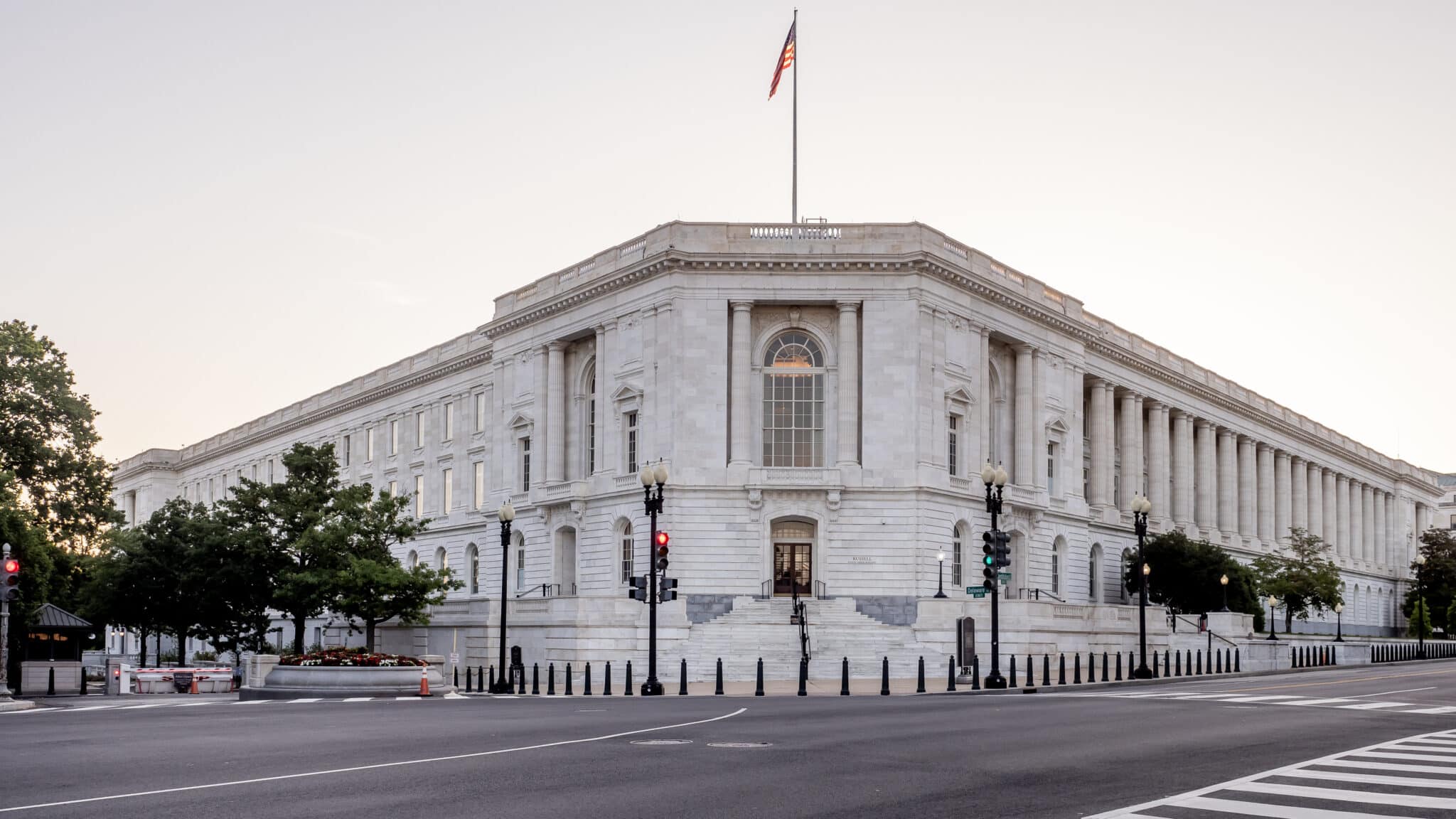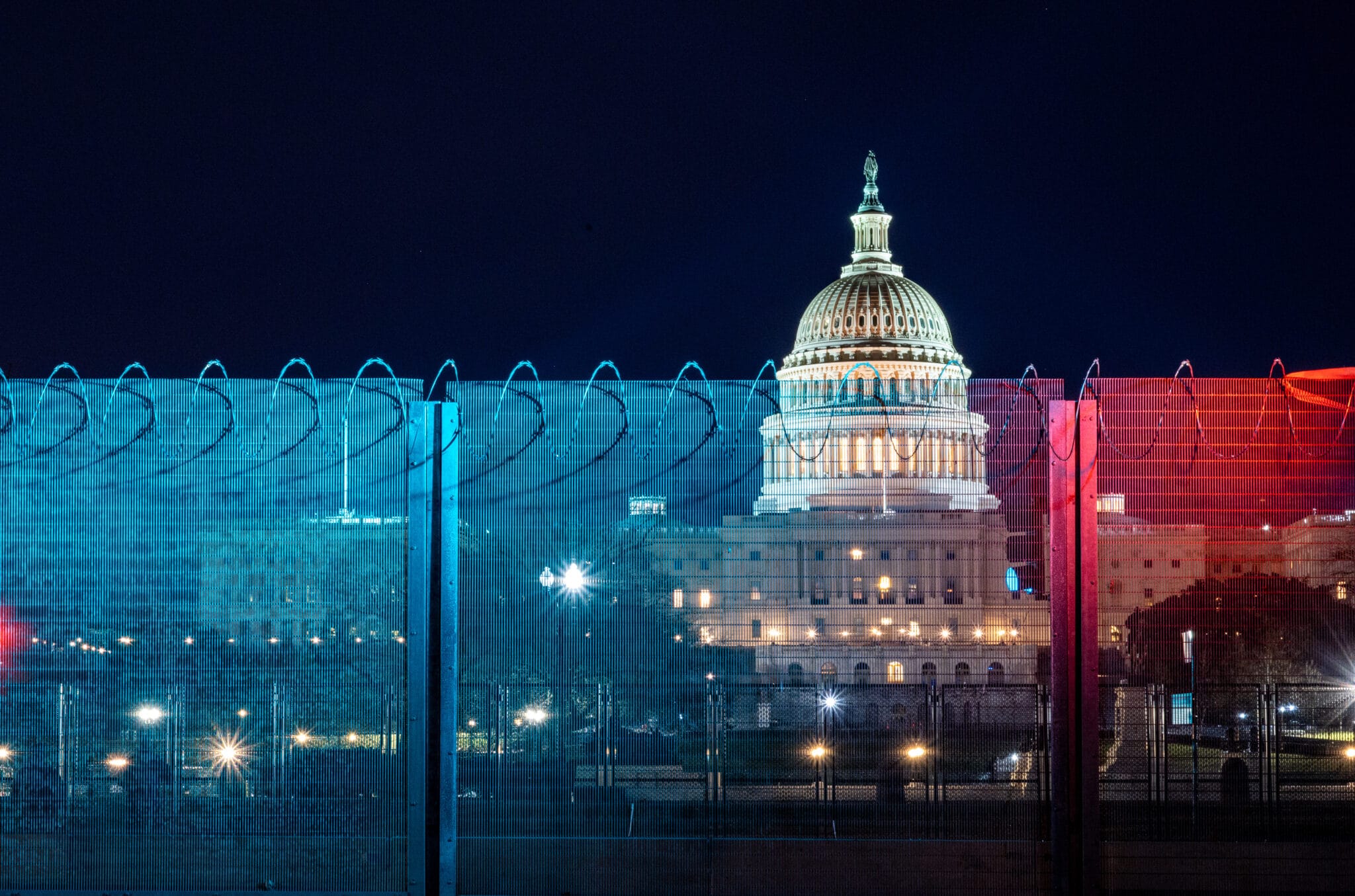Would you approve a gas powered alarm clock for Energy Star certification without actually reviewing the device to see if the product is energy efficient? A recent Government Accountability Office (GAO) report found that of the 20 fictitious products from four fake companies GAO submitted for Energy Star certification, including the gas powered alarm clock, 15 of them received certification, 2 were rejected, and the rest did not receive a response. The Energy Star program, a voluntary labeling program of the EPA and Department of Energy designed to promote energy-efficient products, was faulted for ineffective certification controls which are vulnerable to fraud and abuse.
The Energy Star program not only required just 4 of the 20 bogus products to be verified by an independent third-party, but the program also does not verify energy-savings data self-reported by manufacturers before certification. Instead it relies on self-policing, manufacturer integrity, and after-market testing.
Overall, the GAO found a disparity in the speed of response time and level of scrutiny given the products. While the GAO created fake websites and corporate headquarters (using commercial mailboxes and cell phones) for the companies submitting these fictitious products, only two of the websites were reviewed by Energy Star administrators and none of the “companies” were called or visited. In one instance, the GAO received approval for a fictitious computer monitor 30 minutes after submission, but a bogus battery charging system received no response for three months. In another instance, an air room cleaner was granted certification even though the product's website image was clearly of a feather duster taped to a space heater.
When the GAO is able to submit false information to gain certification for 15 products that do not even exist, taxpayers must question whether products certified as Energy Star are truly providing an energy savings bang-for-their-buck. Requiring independent third-party verification or even a quick phone call or letter verifying the products authenticity and energy-savings data would have refuted most, if not all of the applications for certification. Taxpayers looking to lower their overall energy costs rely on the Energy Star program to help them make informed decisions. With government agencies increasingly required to purchase energy-efficient products and $300 million in stimulus money allocated to state rebate programs on energy efficient products, taxpayers cannot afford such lax standards.
The full report, including an image of the feather duster air room cleaner can be found here:










